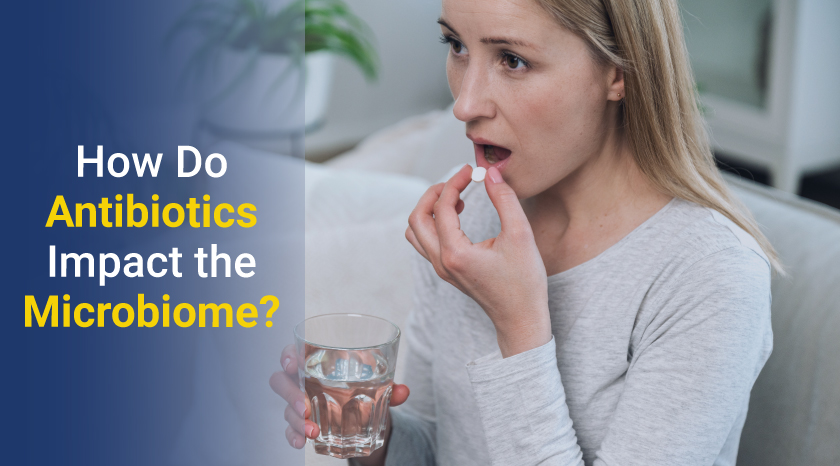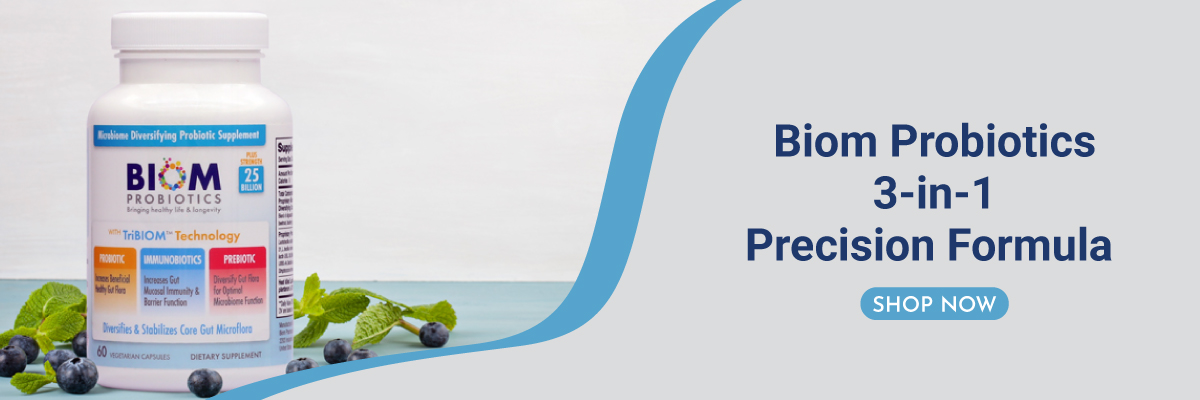Antibiotics are powerful medications used to treat bacterial infections, but their impact on the human microbiome can be profound and lasting. The microbiome, particularly the gut microbiome, plays a crucial role in maintaining overall health, including digestion, immune function, and even mental well-being. Understanding how antibiotics affect the microbiome can help us mitigate their negative effects and promote a healthier balance of gut bacteria.
The Role of Antibiotics
Antibiotics work by targeting and killing bacteria or inhibiting their growth. While they are highly effective against pathogenic bacteria that cause infections, antibiotics do not discriminate between harmful and beneficial bacteria. This broad-spectrum action can lead to significant changes in the composition and function of the microbiome.
1. Disruption of Microbial Balance:
- Antibiotics can cause a decrease in microbial diversity, disrupting the balance between beneficial and harmful bacteria. This disruption can result in a condition known as dysbiosis, where harmful bacteria may proliferate, and beneficial bacteria are reduced.
- According to studies, antibiotic treatment can lead to a significant reduction in the richness and diversity of the gut microbiome, sometimes with long-lasting effects.
2. Short-Term Effects:
- In the short term, antibiotic use can lead to common side effects such as diarrhea, nausea, and gastrointestinal discomfort. These effects are often due to the disruption of the gut microbiota, which plays a key role in digestion and nutrient absorption.
- Research published in the Journal of Clinical Microbiology indicates that antibiotic-associated diarrhea (AAD) occurs in up to 30% of individuals taking antibiotics.
3. Long-Term Consequences:
- Long-term consequences of antibiotic-induced dysbiosis can include increased susceptibility to infections, such as Clostridium difficile (C. diff) infections, which can be severe and difficult to treat. C. diff infections are often linked to antibiotic use because the disruption of the gut microbiota allows this opportunistic pathogen to thrive.
- The American Society for Microbiology reports that antibiotics can cause lasting changes in the microbiome, potentially affecting metabolism, immune function, and even the risk of chronic diseases.
4. Impact on Immune Function:
- The gut microbiome is closely linked to the immune system. Antibiotics can impair the gut’s ability to communicate with and support immune cells, potentially leading to a weakened immune response.
- The gut microbiota plays a crucial role in the development and function of the immune system. Disruption by antibiotics can lead to altered immune responses and increased susceptibility to infections.
5. Potential for Antibiotic Resistance:
- The use of antibiotics can also contribute to the development of antibiotic-resistant bacteria. These resistant strains can proliferate in a disrupted microbiome, making future infections harder to treat.
- The Centers for Disease Control and Prevention (CDC) emphasizes the importance of using antibiotics responsibly to prevent the spread of antibiotic resistance, which is a growing public health concern.
Mitigating the Impact of Antibiotics
1. Probiotics and Prebiotics:
- Taking probiotics, which are beneficial bacteria, can help restore the balance of the microbiome during and after antibiotic treatment. Probiotics can replenish beneficial bacteria and help prevent antibiotic-associated diarrhea.
- Prebiotics, which are non-digestible fibers that feed beneficial bacteria, can also support the growth and activity of a healthy microbiome.
2. Dietary Adjustments:
- A diet rich in fiber, fruits, vegetables, and fermented foods can support gut health and promote the recovery of the microbiome. Foods like yogurt, kefir, sauerkraut, and kimchi are excellent sources of natural probiotics.
3. Responsible Antibiotic Use:
- It is essential to use antibiotics only when necessary and to follow the prescribed course as directed by a healthcare provider. Avoiding unnecessary antibiotic use can help preserve the natural balance of the microbiome and prevent the development of resistant bacteria.
How BIOM’s 3-in-1 Probiotics Are Beneficial When Taking Antibiotics
Taking antibiotics can disrupt the delicate balance of the gut microbiome by killing not only the harmful bacteria causing the infection but also beneficial bacteria. BIOM’s 3-in-1 Probiotics offer a powerful solution to this problem by helping to restore and maintain a healthy and diverse gut microbiome during and after antibiotic treatment. This advanced formula combines probiotics, prebiotics, and postbiotics to provide comprehensive support.
Probiotics reintroduce beneficial bacteria into the gut, counteracting the loss of good microbes due to antibiotics. This helps prevent issues like antibiotic-associated diarrhea and promotes quicker recovery of the gut flora. Prebiotics in the formula serve as food for the beneficial bacteria, encouraging their growth and activity. This support is crucial for recolonizing the gut with healthy bacteria. Postbiotics, the beneficial metabolic byproducts of probiotics, enhance gut health by strengthening the gut barrier, reducing inflammation, and supporting the immune system. Together, these components ensure a balanced and resilient microbiome, minimizing the negative impacts of antibiotic treatment and promoting overall digestive health and well-being.





